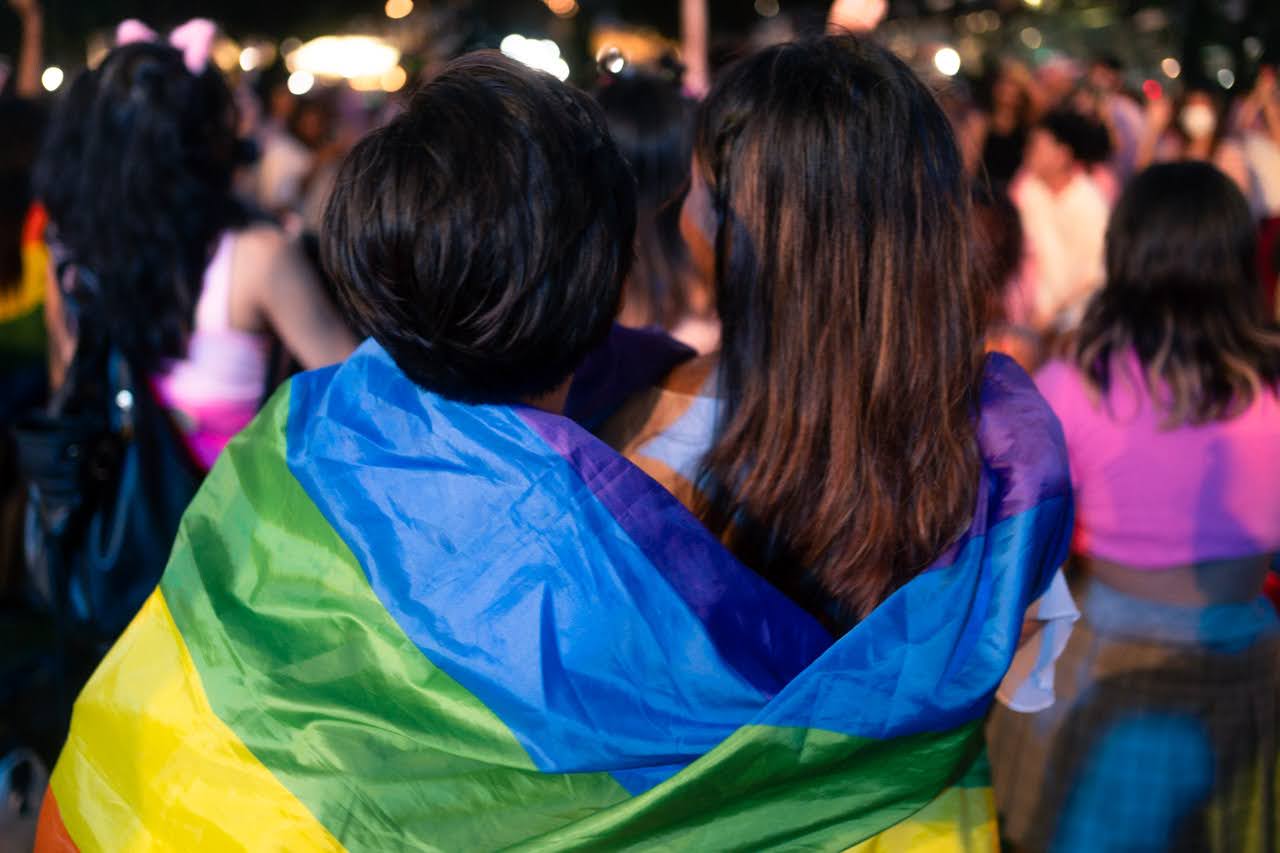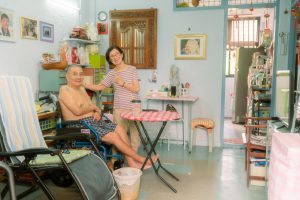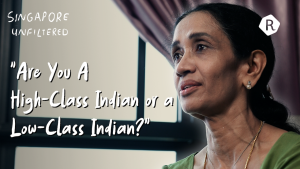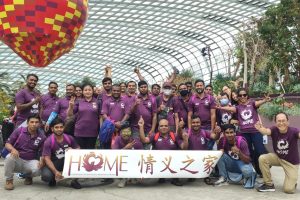Top image: Stephanie Lee / RICE File Photo
When I was in secondary school over a decade ago, ‘gay’ was still used as an insult. Most of us have now wisened up to the fact that this isn’t right.
But even as strides have been made in recent years—the repeal of Section 377A of the Penal Code stands out—the LGBTQ+ community still faces an uphill battle.
ADVERTISEMENT
Overall, Singapore is a tad more liberal than it was in 2002. On matters of sexuality, however, we remain on the conservative side. And though the repeal of 377A, which criminalised sex between gay men, was indeed progress, it was swiftly followed by a new roadblock to marriage equality. The constitution was amended to allow Parliament the power to define the institution of marriage. As of now, that’s strictly defined as a union between a man and a woman.
A long list of anti-LGBTQ+ laws and policies remain, from limited access to housing to the prohibition of positive representation in the media. Heckin’ Unicorn, a local queer brand, expounds on them in a blog post, if you’d like to take a deep dive into the topic.
Even for someone who isn’t part of the community like me—though I consider myself an ally—it’s an overwhelming read. Local activists certainly have their work cut out for them. And housing appears to be one of the most urgent issues for LGBTQ+ youths.
According to a survey by consumer research company Milieu Insight, conducted in partnership with Pink Dot, 31 percent of LGBTQ+ youths ranked housing as their top concern.
Even as certain segments of society worry about a roof over their head, there are those flipping their HDB flats for a tidy profit. A record 21 four-room HDB flats broke the million-dollar mark in the first quarter of the year.
Sure, the government is introducing new measures to discourage the treating of HDB homes as lottery tickets (see the new built-to-order flat classifications). But the changes only apply to new projects from 2024.
Meanwhile, the LGBTQ+ community still feel like they face systemic obstacles in securing housing in Singapore.
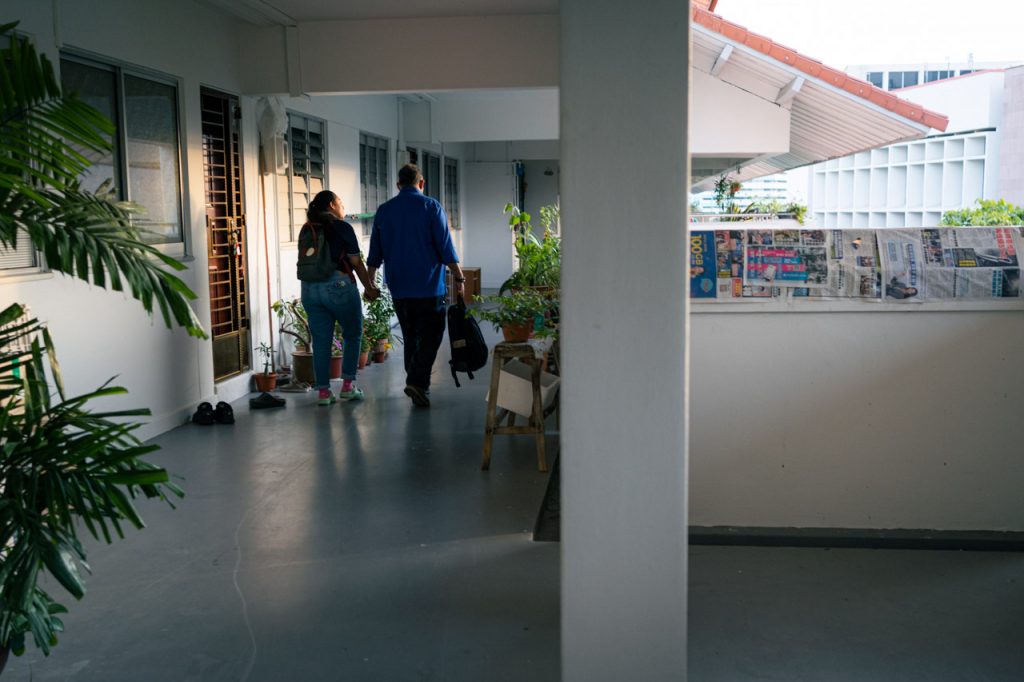
Home Ownership: A Faraway Dream
In an interview with RICE, Shaun Yeo, a realtor specialising in helping LGBTQ+ clients build their property portfolio, explains how the HDB system excludes them:
“A house is something to call one’s own. It’s also a ticket to social mobility. After the minimum occupation period, people can easily make a large sum. It’s probably the first time they make such a large sum within such a short time.”
LGBTQ+ couples, however, usually relegated to buying under the Singles Scheme, have limited options and cannot enjoy the same monetary benefits as heterosexual couples (for example, Family Grants). Singles now can buy new flexi flats in 12 non-mature estates. From the second half of 2024, they can buy two-room flexi BTO flats in all locations. But there is a ceiling to how much these flats can fetch, says Shaun.
Other factors leave many LBTQ+ folks in a cycle of unhealthy financial practices, Jie Bin Wong, a financial consultant at Prident, a financial advice platform for Singapore’s LGBTQ+ community, says.
Speaking to The Financial Coconut and RICE at Pink Dot 2023, she says it’s common for LBGTQ+ individuals to be kicked out of home after coming out to their parents, whether they’re financially ready or not.
ADVERTISEMENT
Most of these people turn to renting as the “Asian mindset” is to avoid asking for handouts, says Jie Bin.
“But then, this means that the money that you put into your rental, it eats into the downpayment for your property…So then you just keep renting. At some point, you’re going to realise that your dream of owning a property just gets further and further away from you.”
Having a roof over your head is arguably a basic right. Beyond that, securing housing is a huge step to growing your nest egg. Why are heteronormative couples in Singapore afforded so much more access to subsidised housing than queer individuals or couples?
By virtue of their sexuality—which isn’t a choice—some of our countrymen face many more hurdles in simply securing a space they can call home.
Singapore’s logistical limits are very real. But that’s what long-term planning and housing policy should aim to address. If our current system doesn’t offer affordable housing for all who need it, we should look at how we can tweak our policies instead of expecting our people to jump through hoops or even look abroad to find housing.
Of course, there’s so much more that needs to change before we can even begin to make shifts toward housing equality. And beyond those within the community advocating for the cause, allies have an important part to play.
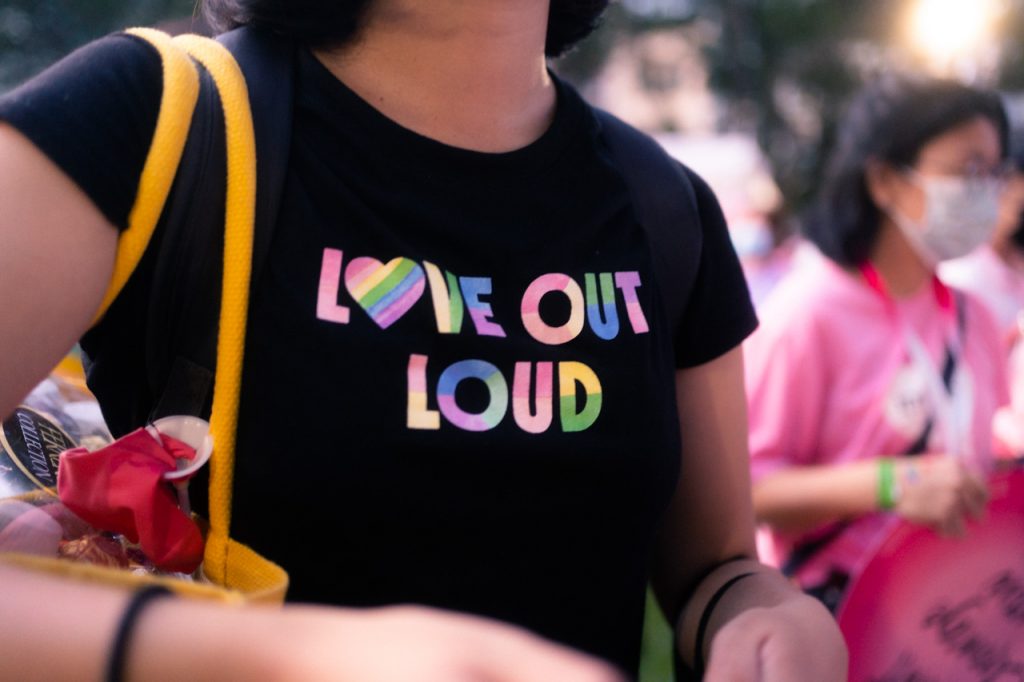
The Stealthy Spread of LGBTQ+ Slander
The Milieu study also revealed that LGBTQ+ discrimination is a concern (80 percent of LGBTQ+ respondents reported that it still exists), particularly in schools.
“We have heard accounts of teachers who are helpless in preventing the bullying of LGBTQ+ youths due to mixed messages from administrators. In some cases, teachers and administrators are themselves responsible for the discriminatory treatment,” Pink Dot SG spokesperson Clement Tan elaborates.
“LGBTQ+ youths have been found to be at higher risk of self-harm and suicide, and not enough is being done to support them in schools.”
Even worse, troubling fake scientific findings continue to permeate Singapore and stoke hate against the LGBTQ+ community, Heckin’ Unicorn reports.
One particularly shocking incident—partly because of how outlandish the fake science claims were—was the anti-LGBTQ+ presentation some Hwa Chong Institution students had to sit through in July 2022. One slide of the presentation contained false claims, including the assertion that 58 percent of homosexuals have “problems with intestinal worms”.
Other more insidious claims include American Christian activist Kathy Faust’s anti-same-sex parenting agenda, which she claims is backed by “official research” (it’s really not). Her posts have been circulating locally, serving as ammo for some to push for a ban on same-sex parents adopting, says Heckin’ Unicorn.
The danger, as the platform elucidates, is that fake news is much easier to create than to debunk.
When misinformation pops up faster than you can quash it, media and science literacy becomes key. Instead of spreading harmful narratives in our schools, which then results in the demonisation of LGBTQ+ folks, we should be equipping students with accurate information on sexuality and LGBTQ+ topics.
After all, proper education is crucial to stop discrimination and reduce stigma all around. As much as we’d like to think of ourselves as progressive, the Milieu survey also revealed that LGBTQ+ individuals still face harassment or bullying, according to 61 percent of Gen Z respondents and 50 percent of Millennials.
It took us long enough to strike out 377A, a symbolic colonial relic which wasn’t even actively enforced. But it will take a lot more advocacy to drive actual change and have a more tangible impact on LGBTQ+ lives.
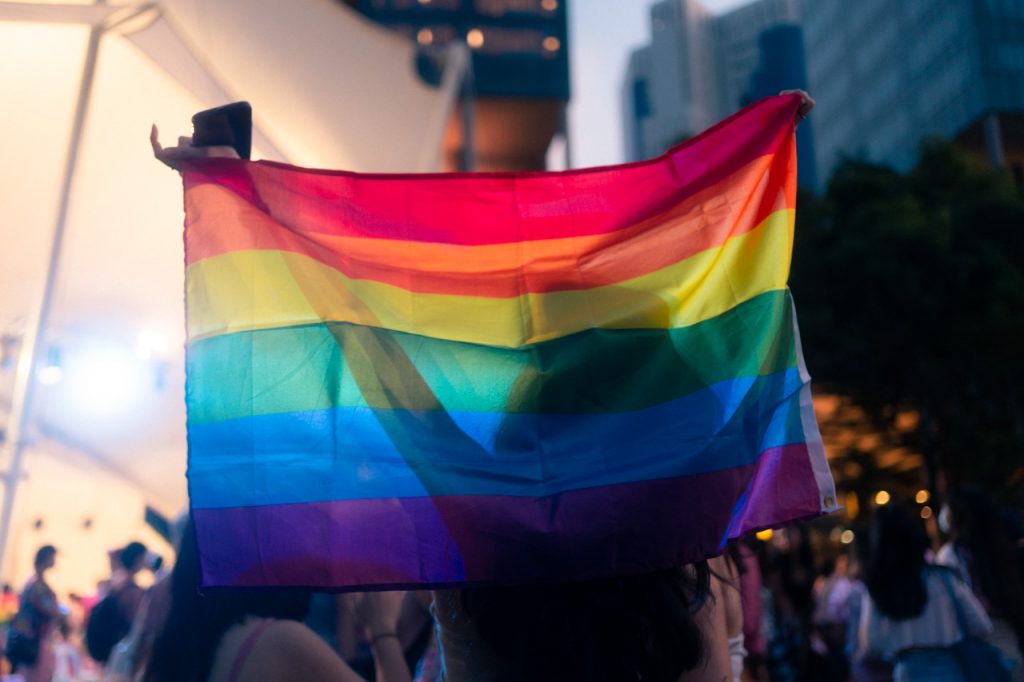
Challenging the Powers That Be
As a straight woman, I really don’t have any authority on the matter. But my hope is for more people to realise that simply not being homophobic isn’t enough.
Being ‘neutral’ in this day and age essentially means you’re okay with the current level of discrimination. Being an ally means speaking out and advocating for actual changes for the LGBTQ+ community.
Take the recent presidential elections, for example. It was heartening to see my colleagues in the media industry asking pointed questions to each candidate about their stance on LGBTQ+ issues, even though all candidates played it safe with their answers.
Our president-elect, Tharman Shanmugaratnam, was diplomatic as always. Ng Kok Song cited the pope and called sexuality a personal matter that one shouldn’t pass judgment on. And though Tan Kin Lian said that LGBTQ+ individuals should express their sexuality “privately” (among other comments about the community), he still believes that they should be entitled to housing.
While they hardly express explicit support for the community—probably a strategic move to avoid alienating conservative voters—the fact that these questions were even asked is a step forward. It’s what we should be doing.

